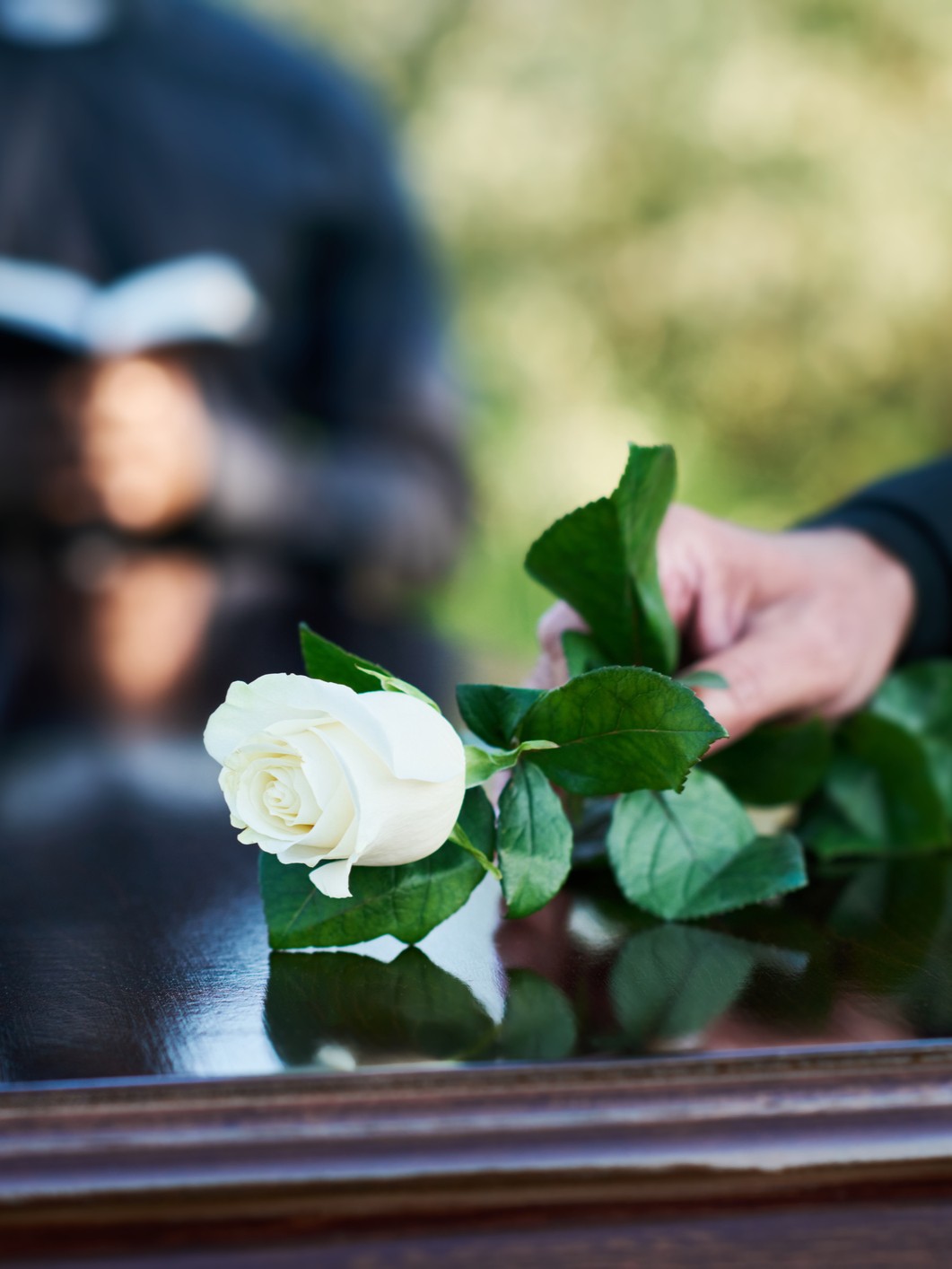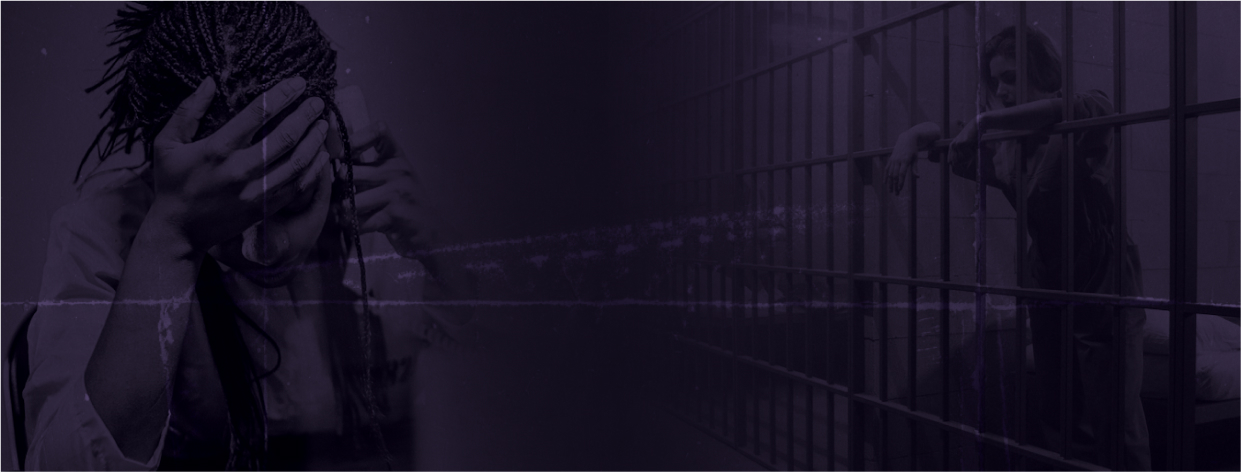There are moments that pierce through the noise of daily life and force us to reckon with the world as it is, not as we wish it to be. The murder of Iryna Zarutska on a train in North Carolina and the assassination of Charlie Kirk are two such moments. They are vastly different in circumstance, yet bound by the same thread: They lay bare a new reality of cruelty and brutality that many Americans are only now beginning to see with their own eyes.
For years, stories of political violence, of unchecked crime, of cruelty disguised as freedom, seemed distant. They belonged to other places, other people, other times. They were tragedies that happened somewhere else, far from the safety and order most Americans believed they could count on in their communities. But when a young Ukrainian woman, already displaced by war, was murdered in plain sight on an American train, and when a conservative leader was gunned down on a college campus, the veil dropped. It was the first time many Americans realized that casual cruelty and cold-blooded violence have found a place among us.
That realization is deeply unsettling. It should be. But it also reveals why storytelling is not a luxury or an afterthought; it is essential.
At Independent Women, we believe in telling the stories that others overlook or ignore. Statistics alone cannot move hearts, and policy debates alone cannot stir the will to act. What compels people to change, what awakens a society to danger, are stories—human, specific, unforgettable stories that show the consequences of ideas and policies when lived out in real lives.
Iryna’s story is not just a personal tragedy. It is a policy story. She was killed by a man who had been arrested and released again and again, a man who should never have been free to terrorize the innocent. Charlie’s story, too, is not just about a single act of political violence. It is about the climate that tolerates, excuses, and even incites hatred against those with whom we disagree. These are not isolated incidents. They are the predictable outcomes of choices made by leaders, lawmakers, and cultural gatekeepers.
That is why the work we do matters. Storytelling is not entertainment. It is a form of accountability. When we highlight the unseen and the unheard, when we give voice to those whose lives have been shattered by negligence or malice, we reveal the everyday cost of bad policies and broken systems. We make clear that these horrors do not erupt from nowhere. They are preceded by warning signs, by policies that blur moral boundaries, erode law and order, and treat justice as negotiable. And they are followed by catastrophic consequences: families torn apart, communities paralyzed by fear, and freedoms slowly strangled.
To look away is tempting. To consume these tragedies as mere spectacle is easier still. But that is not why we tell these stories. We do not tell them to exploit pain or to satisfy curiosity. We tell them because truth is the only antidote to denial, and exposure is the only way to summon the will to correct our path. To ignore the reality of the dangerous evil unfolding in our country is to surrender to it. To face it clearly is the first act of courage required to defeat it.
We live in a time when many want to soften language, blur lines, and insist that evil is merely misunderstood. But there is nothing misunderstood about a man who takes a young woman’s life on a train. There is nothing misunderstood about an assassin who believes disagreement justifies a bullet. And there is nothing misunderstood about policies that leave the innocent unprotected. What is misunderstood, sometimes willfully, is the cost of refusing to see.
Our task, then, is to insist on clarity. To tell stories in a way that cuts through denial and reminds us that disagreement must remain disagreement, and violence must never be mistaken for debate. To show how the erosion of law and order, the tolerance of extremism, and the normalization of cruelty are not abstract trends but lived realities with names, faces, and grieving families left behind.
America cannot afford to become a place where brutality is expected, where violence is shrugged off, or where chaos becomes routine. But whether or not that happens depends on whether we have the willpower to confront the truth now.
The deaths of Iryna and Charlie are not only wounds to their families and loved ones. They are warnings to us all. They are signals that the path we are on is dangerous, but also that it is not too late to change direction. We can honor them, and all who suffer under the weight of cruelty and neglect, by refusing to look away, by telling their stories, and by demanding the policies and the culture that will make such stories rarer, not more common.
Storytelling is not the end, it is the beginning. It is the spark that makes reform possible, the reminder that beneath every statistic is a soul, and the proof that words can light the way to a different and better future. If we do this faithfully, if we tell the truth about the world as it is, we can still shape the world as it ought to be.











